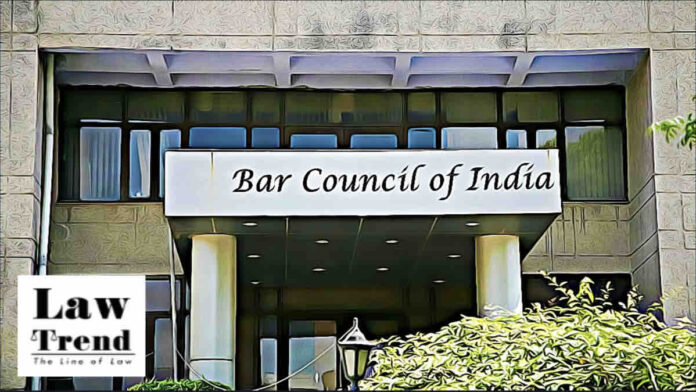The Bar Council of India (BCI) has announced a three-year moratorium on the establishment of new Centres of Legal Education across the country, citing the need to halt the proliferation of sub-standard institutions and strengthen the quality of legal education. The moratorium, framed under the newly approved Rules of Legal Education, Moratorium (Three-Year Moratorium) with respect to Centers of Legal Education, 2025, will remain in force for a continuous period of three years from its commencement date.
Key Restrictions
During the moratorium, no new law college will be allowed to open, and existing institutions cannot introduce new sections, courses, or batches without prior written approval from the BCI. Proposals, if considered, will be subjected to strict scrutiny and ongoing compliance checks. Pending applications that have already cleared the required stages before the commencement date will continue to be processed under existing laws.
Reasons for the Moratorium
The BCI cited a decline in the quality of legal education due to the mushrooming of poorly run colleges, routine grant of No Objection Certificates (NOCs) by State Governments, indiscriminate university affiliations without proper inspection, and shortage of qualified faculty. With around 2,000 law colleges already operational, the Council believes the current institutional capacity is sufficient, and the focus must shift towards consolidation, quality enhancement, and systemic reform.
Legal Authority and Background
The regulation is issued under Sections 7, 7(1)(h), 7(1)(i), 24(1)(c)(iii), and 49(1)(af), (ag), and (d) of the Advocates Act, 1961. This move follows a similar temporary moratorium imposed in 2019, litigation that culminated in a December 4, 2020 judgment of the Punjab and Haryana High Court, and a June 16, 2021 BCI statement urging diligence in approvals. The current regulation formalises those measures as binding rules.
Exceptions
The moratorium allows limited exceptions for:
- Institutions dedicated exclusively to socially and educationally backward classes, Scheduled Castes, Scheduled Tribes, and Economically Weaker Sections
- Proposals in remote, tribal, or aspirational districts notified by competent authorities
- Courses designed for persons with disabilities
- Proposals from State or Central Universities established by statute or recommended by competent Ministries
Even in these cases, applicants must meet strict requirements, including valid NOCs, prior university affiliation, proven infrastructure, faculty strength, and compliance with need-based establishment norms.
Transitional and Enforcement Measures
Institutions with only conditional approvals must meet all requirements before commencing operations. Pending applications already processed through the prescribed stages remain eligible for consideration. Existing institutions will face intensified inspections, and the BCI may withdraw recognition or derecognise degrees issued in violation of rules, making graduates ineligible for enrolment under Section 24 of the Advocates Act, 1961. Disciplinary, civil, or criminal action may be taken against violators.
Review and Supersession
The regulation will be reviewed annually and may be extended, modified, or repealed depending on policy needs. It overrides any conflicting BCI or other authority’s resolutions, circulars, or notifications on legal education.
Calling for cooperation from State Governments, universities, and law colleges, the BCI emphasised that the moratorium is intended to elevate legal education standards, safeguard the integrity of the profession, and maintain public trust in the justice system.




